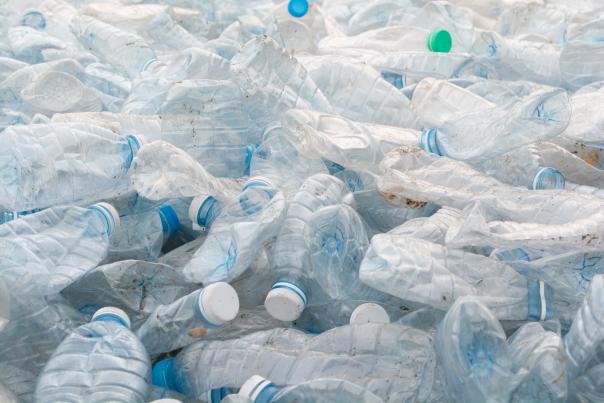
Scientists subjected PETase to intense X-ray beams at the Diamond Light Source synchrotron facility in Harwell, Oxfordshire.
Using the PETase blueprint provided by the Diamond Light Sources, the scientists re-engineered an active region of the molecule. The result was a mutant protein with an enhanced ability to attack PET (polyethylene terephthalate). Seven out of ten soft drinks are now packaged in PET plastic bottles, according to British Plastics Federation.
A spokesperson from Foodservice Packaging Association said: “Seventy five percent of beverage bottles in the U.K. are currently recycled so bottles therefore can already be fully recycled.
“So while this excellent example of accelerated science is of course welcomed as it adds to the available technology, we need to understand better how it fits in with current recycling and the effect it has on recyclate quality. We very much look forward to learning more about the enzyme and its use in practice.”
The new research was spurred by the discovery in 2016 of the first bacterium that had naturally evolved to eat plastic at a waste dump in Japan.
PET can last for centuries in the environment. Its resistance to natural degradation presents a serious, growing risk to fauna and flora, particularly in marine spaces.
Researchers are now working on improving the enzyme further to allow it to be used industrially to break down plastics in a fraction of the time.